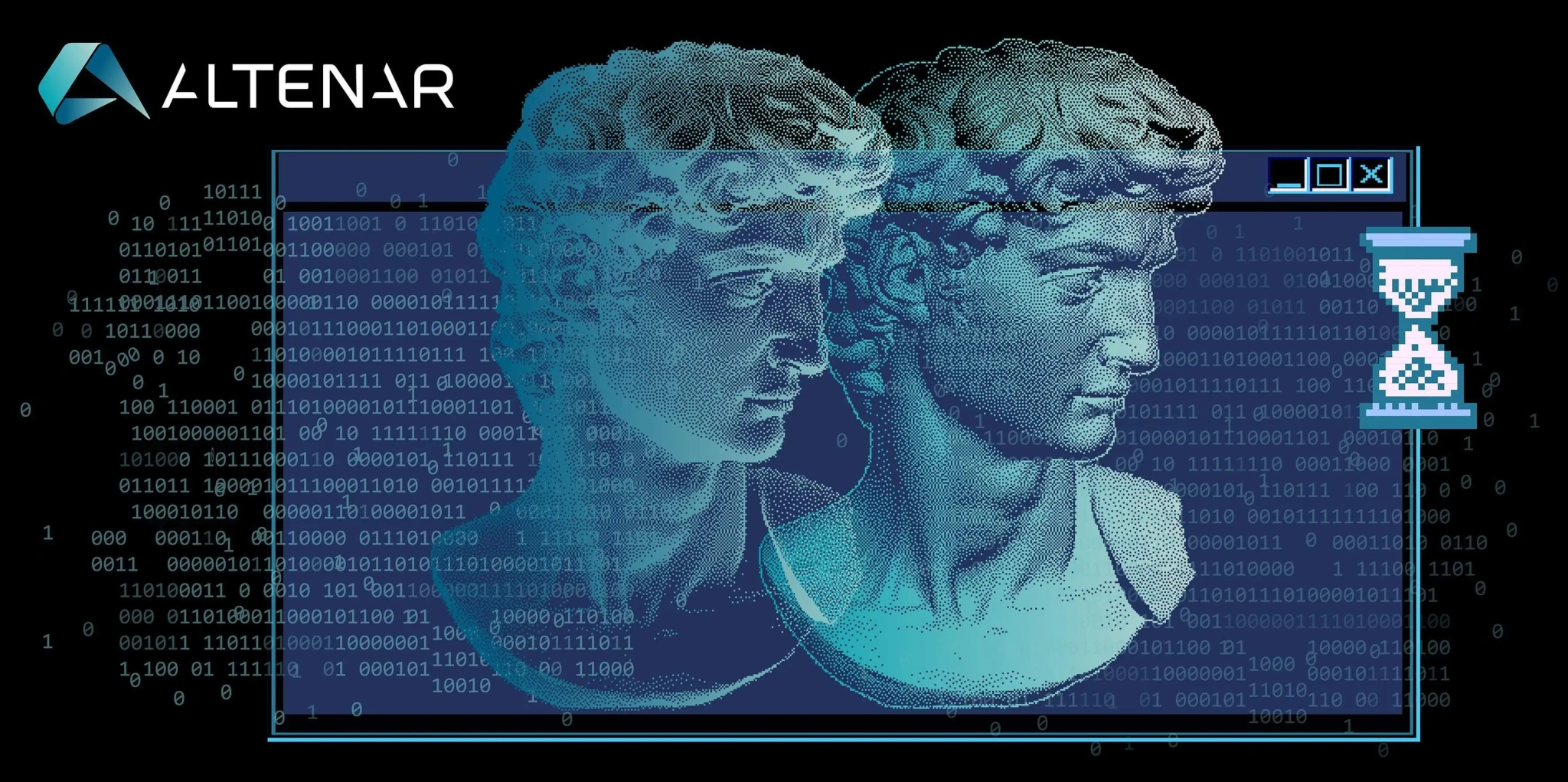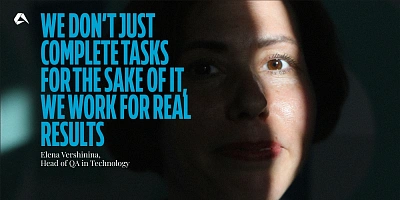We forget that computers today are just sophisticated adding machines, lacking creativity, innovation, analysis, and leadership. So middlemen, like stockbrokers, can survive and even flourish under perfect capitalism if they provide what computers cannot: intellectual capital.
Michio Kaku
Michio is a world-renowned scientist who often reflects on humanity’s larger questions—including whether or not technology will eventually replace humans in the workforce. This increasingly relevant debate has been thoughtfully explored by the team behind Altenar, a sportsbook software provider.
With a passion for technology—and deep expertise in sportsbook software—the Altenar team posed questions to each other on whether technology could eventually replace aspects of working life that we’ve long taken for granted.
Workplace transformation is inevitable. Just 20 years ago, assembly line workers were in far greater demand than software developers. Now, the roles have reversed.
A paradigm shift is taking place: the idea of a “common job” is increasingly associated with tech-based roles as digital tools offer an easier, more flexible way of life.
So, how did Altenar’s team respond to the machine vs human question?
Question No. 1: Which Professions Will No Longer Be Needed in the Future?
A range of thought-provoking responses emerged from Altenar’s tech-savvy team, highlighting how quickly digital innovation has reshaped the global workforce.
One team member wrote: “About one in five computer operator jobs that existed in 2014 will be gone by 2024. But is it that simple? Of course not. Why? Because behind every machine—behind every piece of artificial intelligence—is human intelligence.”
The overarching sentiment was one of optimism: intellectual capital will remain the defining value that keeps humans central to innovation.
Another colleague shared, “There’s always a chance that technology will replace certain professions. Think of how streetlight lighters were rendered obsolete by electricity. But new jobs are always born too—20 years ago, no one thought you could make a living from social media.”
Indeed, with influencers, content creators, reality TV personalities, and tech entrepreneurs reshaping modern work, the line between human and machine becomes increasingly blurred. Innovations from companies like Boston Dynamics and advancements in AI across healthcare, business, and entertainment are driving this shift.
Additional responses speculated that pilots, drivers, chefs, cashiers, and other roles may eventually be replaced by robotics or AI.
But is a future like *Terminator* or *Ex Machina* really on the horizon—or is it just Hollywood fiction?
Altenar’s team tackled one more major question:
Question No. 2: Can Computers Replace Human Beings in the Future?
This sparked a divided response. Some pointed to real-world examples like Sophia, the humanoid robot from Hanson Robotics, as proof that what once lived in science fiction is edging closer to reality.
One team member commented, “In many industries, computers already dominate in terms of production, speed, precision, and multitasking. As technology continues to advance, their presence will grow. Will we face a ‘Skynet’ scenario in the future? Only time will tell.”
Quoting Alan Turing, another team member offered a grounded perspective: “I’d say no, computers can’t truly replace human beings—because it was humans who created the machines. As Turing noted in 1950: If we can fully explain or predict a system’s behavior, it becomes hard to imagine that system as intelligent.”
Yet, a heartening perspective emerged from another Altenarian: “Yes, absolutely—computers can and already do replace humans. I hope that in the future, robots handle manual and tedious labor so humans can focus on health, creativity, learning, and emotional development.”
In the end, it wasn’t a debate about *humans vs machines*—but rather, a forward-looking embrace of *humans with machines*.













